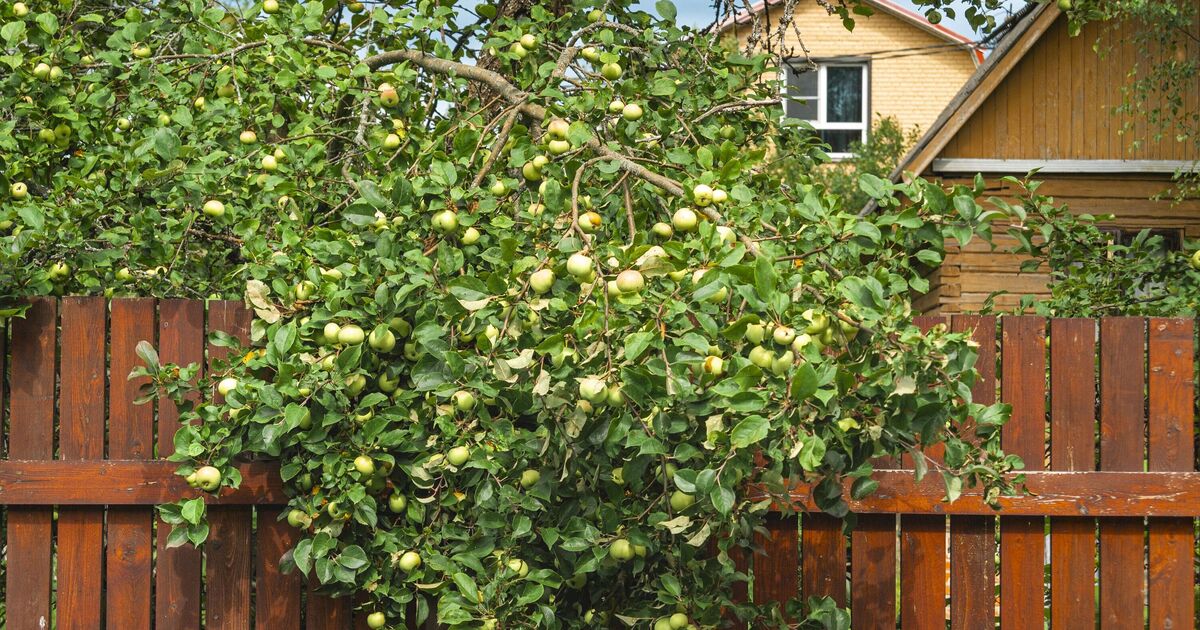In the UK, the apple and pear picking season spans from late summer to late autumn, with most varieties being ready in October. Plum trees, inlcuding the Victoria and Marjorie varieties, are also tempting in late summer to early Autumn. But before you reach for any that overhang or drop into your garden, know where you stand. Tree survey experts from Arbtech.co.uk are clear that “even fruit that naturally falls to the ground in the garden still belongs to the neighbour, and taking it could be considered theft.”
Tempted to pick a ripe apple that’s hanging over your lawn? Arbtech’s guidance is explicit: “Even if the fruit is hanging into your garden, the fruit itself still belongs to the tree’s owner.” Taking without permission is actionable under the Theft Act 1968, and the old country habit has a name—“scrumping”.
If branches cross your boundary, you are allowed to prune them back to the line—so long as the tree isn’t subject to a tree preservation order.
As Arbtech notes, “You are legally allowed to cut back branches that cross into your garden…but only up to the boundary.”
Crucially, the pruned branches and any fruit “still belong to your neighbour and should be offered back,” because ownership follows the tree.
Dean Meadows of Arbtech adds, “You’re well within your right to prune branches back to your property boundary, but remember that anything you cut – including fruit – should be offered back to your neighbour as well.”
Even windfalls aren’t free for the taking: “If fruit naturally drops into your garden from an overhanging branch, the same rules still apply – it still belongs to your neighbour.”
As Dean Meadows puts it, “It might sound silly, but most people don’t realise that eating a fallen apple from a neighbour’s tree could actually be considered theft.”
Good manners and good law align here—“it’s always good to have a friendly chat to see if they are okay with it before taking any windfall for yourself.”
And when returning prunings or surplus fruit, do it courteously, because lobbing it back “could constitute garden waste fly tipping.”
While prosecutions are rare—the last reported case was in the late 1860s—the law and good neighbourliness both encourage asking first.
The Royal Horticultural Society points out that fruit fallen from fruiting trees in a public space or on common land is usually okay to forage.
If in doubt, check to see who owns the land and seek permission first.

